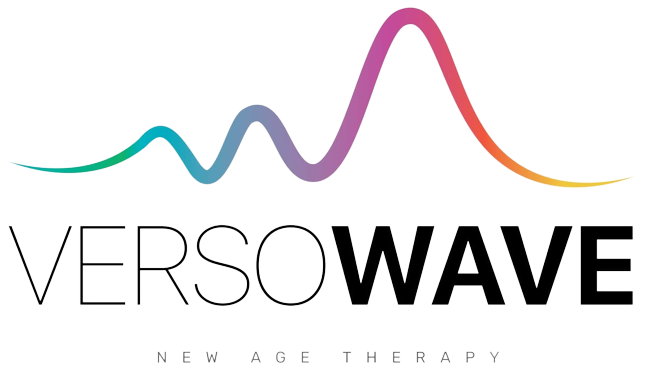Erectile dysfunction (ED) is a complex condition that can impact men of all ages, but its prevalence tends to increase with advancing years. Age-related changes in hormones play a significant role in the development and progression of ED. Understanding the interplay between age and hormones can shed light on this common issue and guide individuals toward appropriate interventions.
Hormonal Changes with Age: As men age, their hormonal balance undergoes gradual shifts. Testosterone, the primary male sex hormone responsible for maintaining libido and supporting erectile function, tends to decrease naturally with age. This decline is often referred to as “andropause” or “late-onset hypogonadism.” Reduced testosterone levels can lead to changes in sexual desire, energy levels, and overall vitality, contributing to the development of ED.
Testosterone’s Impact on Erectile Function: Testosterone is vital for the physiological processes that enable erections. It stimulates the production of nitric oxide, a molecule that relaxes blood vessels in the penis, allowing increased blood flow necessary for achieving and sustaining an erection. Lower testosterone levels can lead to decreased nitric oxide production and impaired blood flow, making it more difficult to achieve and maintain an erection.
Other Hormonal Factors: While testosterone is a key player, other hormones also influence sexual health. Imbalances in hormones such as cortisol, thyroid hormones, and prolactin can contribute to ED. Elevated cortisol levels due to chronic stress, for example, can affect testosterone production and disrupt the delicate hormonal equilibrium required for normal sexual function.
Addressing Hormonal Imbalances: For older men experiencing ED due to age-related hormonal changes, hormone replacement therapy (HRT) is an option worth considering. HRT involves supplementing testosterone through medications, injections, or patches to restore hormonal levels to a more youthful state. However, HRT should be administered under the guidance of a medical professional, as excessive testosterone supplementation can carry risks.
Lifestyle Factors and Hormones: While age-related hormonal changes are inevitable, lifestyle choices can influence the rate and severity of these changes. Regular physical activity, a balanced diet, and adequate sleep can help maintain hormonal balance. Avoiding smoking, excessive alcohol consumption, and managing stress can also support healthy hormone levels.

